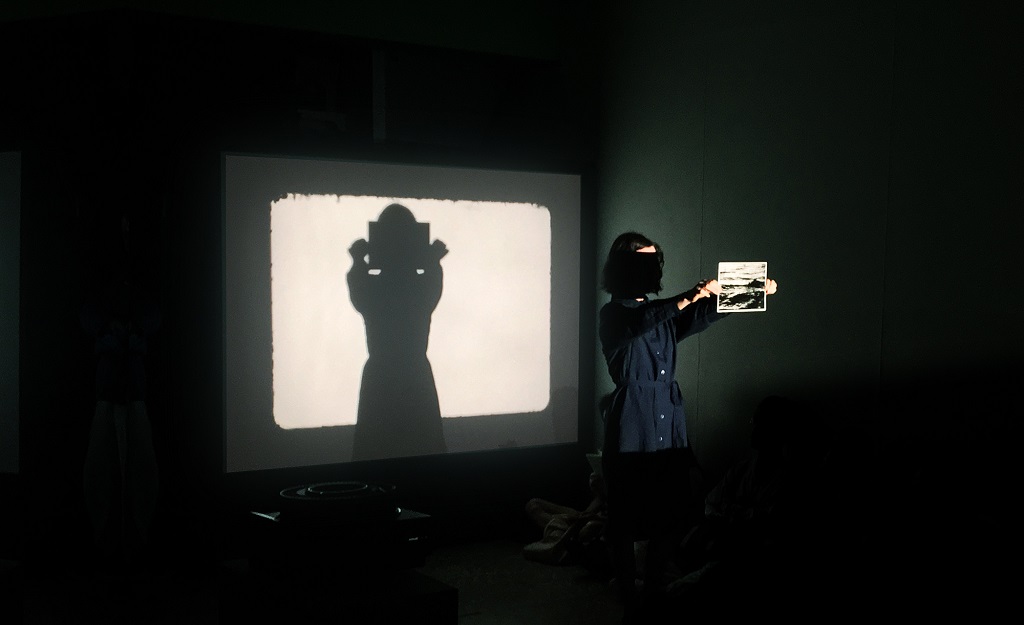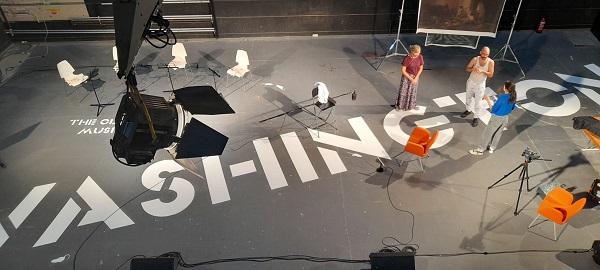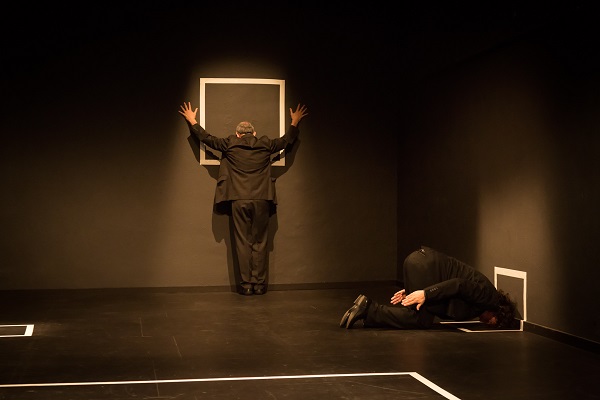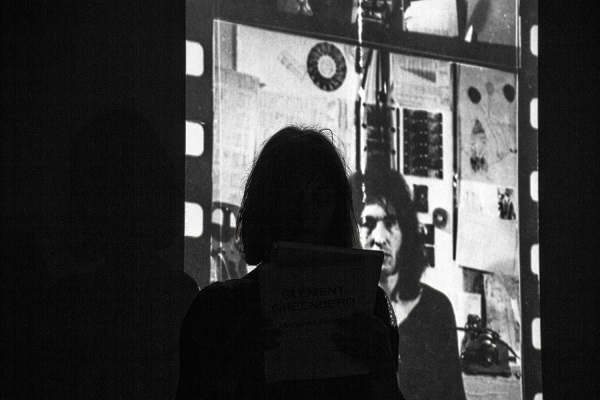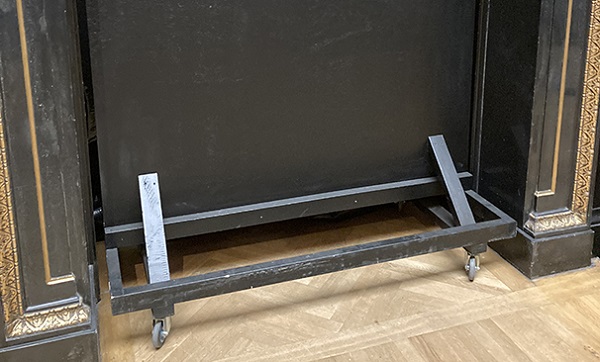
Sunday 11 February 6:30 pm. Free admission until capacity is reached.
Performative lecture. Premiere in Madrid. David Bestué, Marta Azparren and Haize Lizarazu.
For this year’s edition, we are inviting the artist David Bestué to the opening. Bestué is interested in the relationships between art and architecture, the representation of the human body and the connections between sculpture and language. We are also inviting the filmmaker and researcher Marta Azparren, the author of the essay ‘Cine ciego’ [Blind Cinema], to share a lecture on the non-image, what cannot or does not want to be an image, and on the resistance to being represented. This encounter stems from the exhibition ‘Lleno de agujeros’ [Full of Holes], which was on display at Barcelona’s Centro de Arte Santa Mónica in 2023. The session includes a talk-performance between Bestué and Azparren, a dialogue between the non-image and the blind image in conjunction with the experimental musician, Haize Lizarazu.
David Bestué is an artist whose practice experiments with ideas based on poetry, art history and architecture. In the early 2000s, he worked with Marc Vives, creating the duo Bestué-Vives, and the two participated in the Venice Biennale in 2004. He has created works on the recent history of architecture and engineering in Spain. Some of his exhibition include ROSI AMOR, at the Museo Reina Sofía (Madrid, 2017); Pastoral, at La Panera (Lleida, 2021); Aflorar [Blossom], at the Museo Jorge Oteiza (Pamplona, 2022); Pajarazos [Big Birds], at the Museo Patio Herreriano (Valladolid, 2023); and Ciudad de arena [City of Sand], at Fabra i Coats (Barcelona, 2023). He has also curated several exhibitions, like El sentido de la escultura [The Meaning of Sculpture] at the Fundació Joan Miró (Barcelona, 2021)
Marta Azparren is a visual artist and researcher. Her work ranges between experimental cinema, the living arts and drawing and suggests a meta-reflection on artistic activity, with particular attention to the connections between the creator, the spectator, the work of art and the internal machinery of mediation, production and exhibition. She also examines the non-visual in the visual. She recently published the essay ‘Cine ciego’ [Blind Cinema], which inquires into the relationship between the changes in scopic, aesthetic and political systems with the onset of the flow of images, specifically the image-less image.
Haize Lizarazu is a pianist, performer and creator. Her career centres on contemporary and experimental music, as well as artistic investigation. She is particularly interested in the hybridisation among artistic disciplines, and her own work spans creation, improvisation and musical performance. Her line of inquiry revolves around the gestural work of the musician with regard to their instrument.
Credits: Non-image. Photograph: courtesy of the artists.
